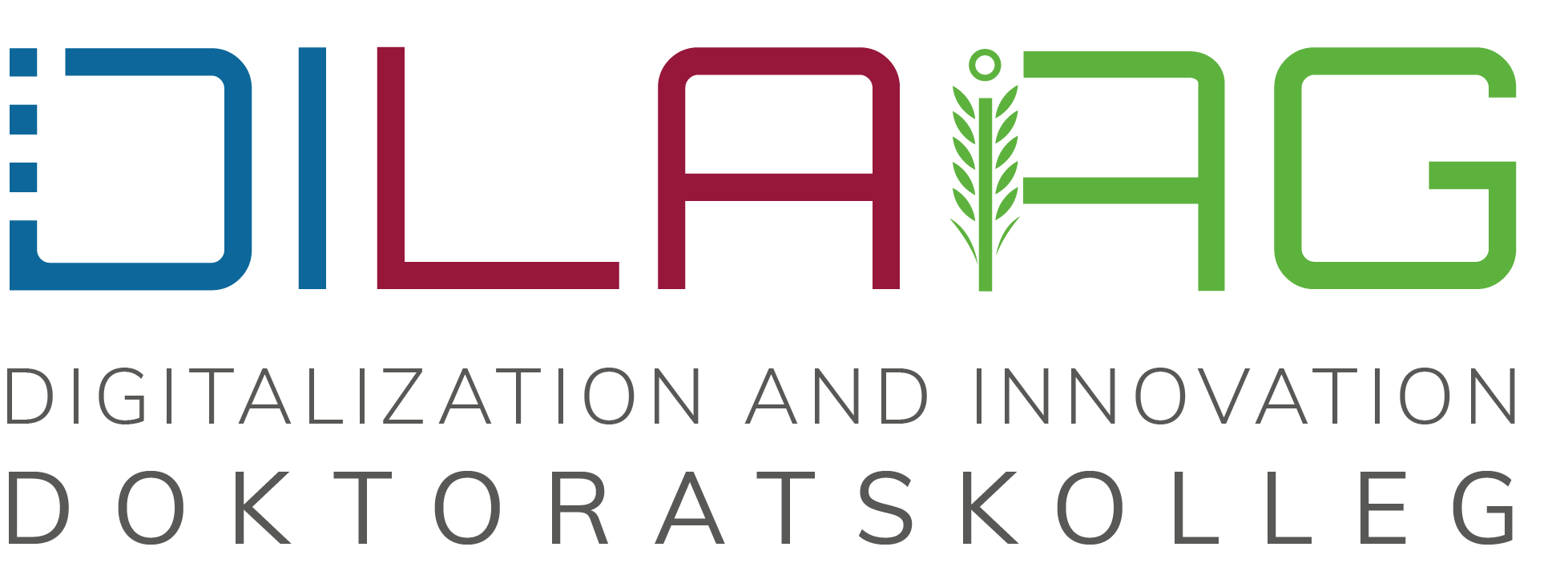PhD Project
Machine/deep learning in agricultural science
Methods like machine learning or deep learning are successfully applied to various areas in science (biology, economy, physics, …), so those methods seem promising for an application in agriculture. Here it is necessary to get hands on long term data. In countries like the U.S.A., Canada or Australia this data is publicly available. For many computer scientists this was the kick-off to test their new techniques in agriculture. This lead to insights about soil and crop yields. Here one of the goals is to increase productivity and to make agriculture more sustainable in terms of reducing stress on the environment. To be specific one could predict crop fails, detect pests or identify fertilizers that are bad for the environment. Further, one could optimize the use of fertilizer, to maybe use less fertilizer and increase crop yields. Current approaches suffer from being very specific, meaning that they can be, once trained, only be applied to a small range of problems, and are in need of a huge amount of data, which is hardly available in Austria. Here new approaches may be successful, referring to an ensemble of machine learning, deep learning, chaos theory and modern more complex analytic approaches of machine and deep learning. This mixture of techniques has not yet been applied to agriculture and is therefore an innovative new approach that will be examined throughout the dissertation. Further, the goal of the dissertation is to use these methods to increase productivity and sustainability in agriculture.
